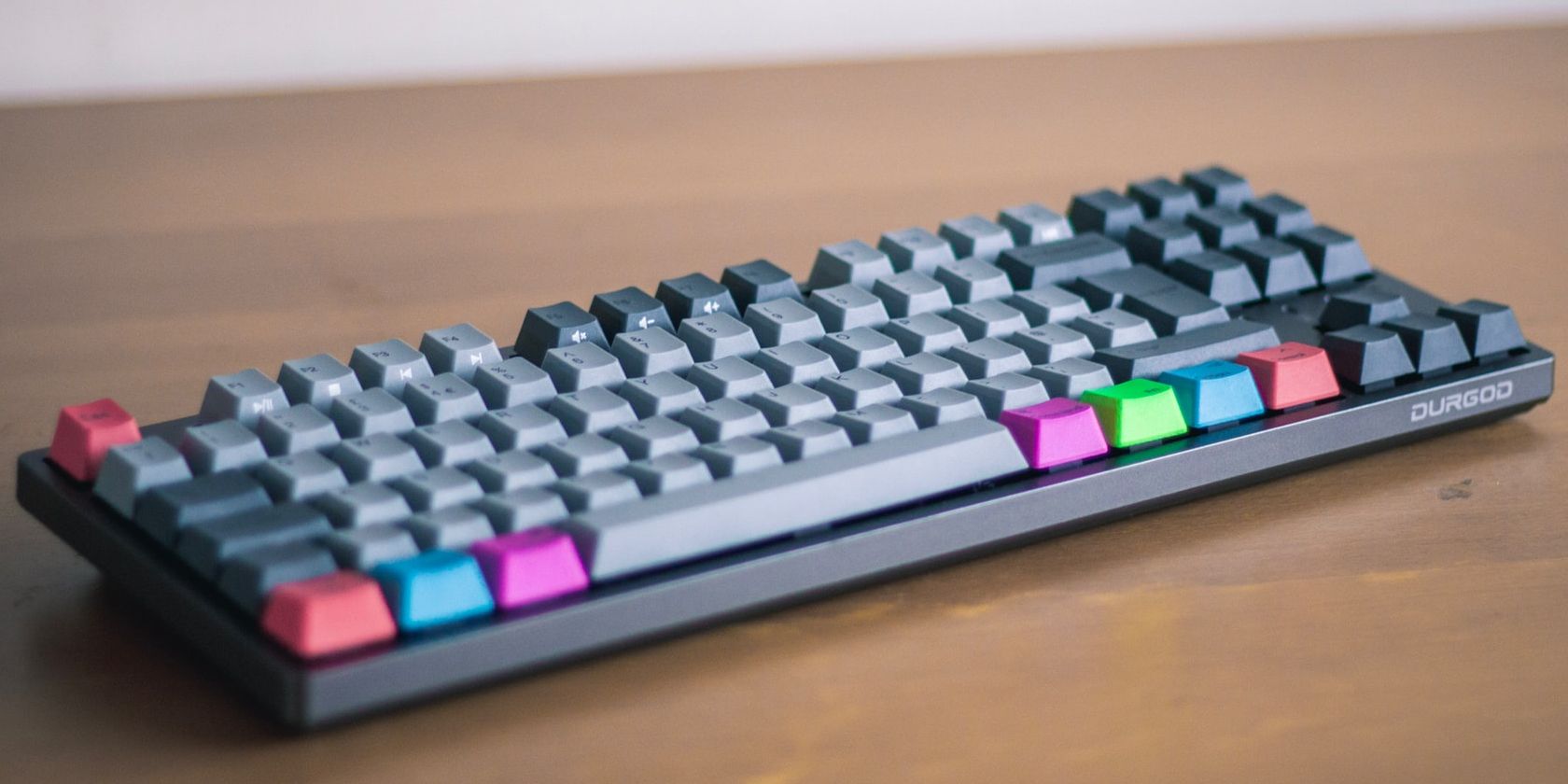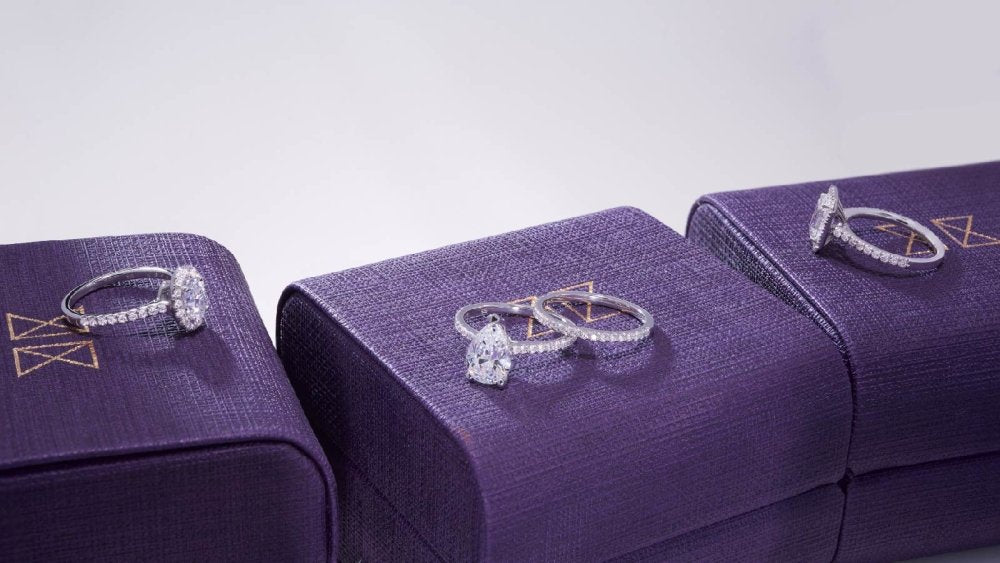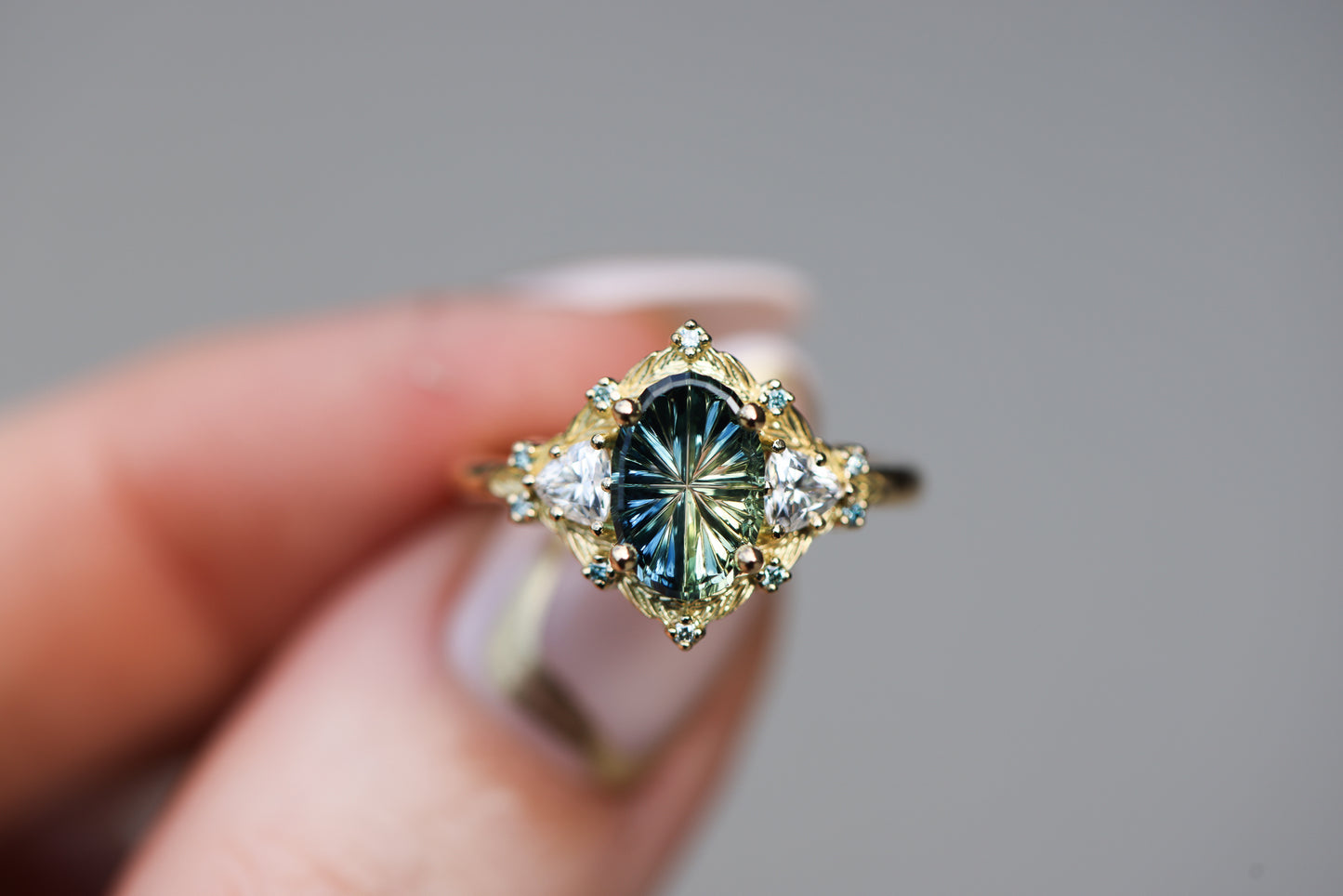It can be difficult to find keycaps that match your keyboard with all the different types of mechanical keyboards. Some keyboards feature smaller alt buttons, unique right-shift keys and spacebars. There are many options. The custom key caps custom key caps can prevent you from problems related to key caps. It is important to understand what you should look for when searching for keycaps to match your mechanical keyboard. It is important to check the keyboard configuration and understand the sizes of the special keys like space, move, backspace and enter. You may need additional keys or smaller keys for some keyboards. We will be focusing on keycaps basics. You will learn how to find the right keycap for your keyboard at the end of this post.
Table of Contents
The Factors To Consider When Choosing Keycaps
How keycaps are measured: Unit System
Before we get into the details of each level, it is important to understand how keycaps work. When comparing keycap sizes, 1u refers to the size of an alphanumeric keyboard key. 2u will contain two regular keys joined together, twice as big as 1u. The measurements get more complicated as they grow larger. For example, 6.25u means that the keycaps are as long as 6 standard keys plus an additional quarter of a key.
Layout Standard
You need to check if your keyboard has the same style as your new keycaps. If it is not, then you may have problems. People refer to a standard layout as the key sizes for a full-size, 10keyless, or 60 per cent mechanical keyboard. This infographic from our Keyboard Size Guide shows how consistent key sizes are for full-size layouts, 60 percent, and ten-key-free layouts. To determine if your keyboard has a standard layout, first look at the size of the keys in the bottom row. For the regular style, the bottom row keys are typically 1.25u and the spacebar 6.25u. Before purchasing a keycap package make sure you double-check the keycap sizes.
Mount Compatibility / Switches and Stem

Nearly all new keycap series are equipped to swap stems Cherry MX. This is a common industry that many manufacturers use There are a few non-standard stem adapters, such as the Alps, that are occasionally available to the public. Kailh Choc switches with low profile would not accept standard MX stem keycaps. To check the keycap’s shape and characteristic, however, you can take it off.
Rows and Keycap Coverage
Once you are satisfied with your shopping layout, compatibility and other details! Navigate to a product pages with keycap to see images of your branded kits. The majority of images will be generated automatically by the computer. This is necessary for keycap group sales as the caps must be manufactured. PBT and ABS are the most common keycap plastics. PBT is best avoided as sun exposure and fingertip wear “glow” are dangerous. Traditional ABS is easier to inject and more readily available. The majority of basic kits include a standard keyboard. However, certain keysets are available. Coverage problems are rare for standard keyboards. Sub-TKL keys can be a problem. After you have taken into account keycap coverage, it is important to ensure that every row of keys has exactly the same form/angle.
How To Replace Keycaps?
Even though it can be nerve-wracking at the beginning, replacing keycaps is easy. To remove the keycaps from your mechanical keyboard, you will need a pincer-like tool. Simply press down on the key until the tool clicks in place. Then pull up to remove the cap. You can replace the cap with the new one by simply slipping it on. You can also use a butter knife or fork to remove the keys. However, this could cause damage to your keycaps and keyboard. To reach underneath the key, use a straight edge, such as a ruler. Then, lift it up using a straightedge.















